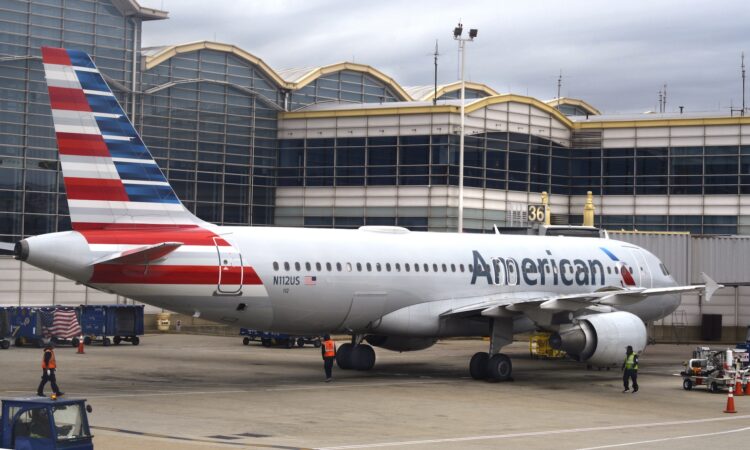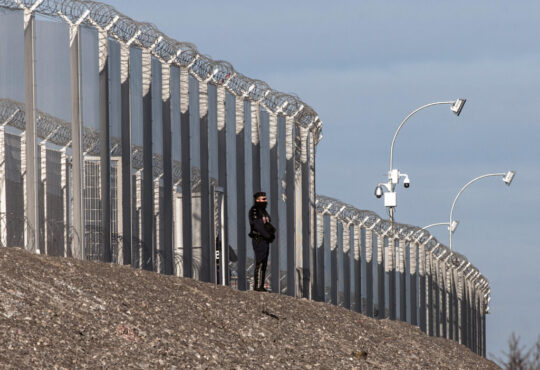
Airbus might need support from European governments to fund a new, multibillion-dollar commercial jet program as it looks to produce its next major aircraft, according to its chief executive.
Airbus CEO Guillaume Faury told the Financial Times Tuesday that Airbus could ask for taxpayer-funded backing as it tries to develop new aircraft over the next 20 years. One would be a single-aisle plane with a narrow body that would succeed Airbus’s best-selling A320 commercial jet, while the other is a hydrogen-powered aircraft meant to travel shorter distances.
Neither of Airbus’ programs to develop the aircraft has been formally launched, although the hydrogen-powered plane is expected to enter service in 2035.
Faury told the news publication that Blagnac, France-based Airbus has the finances to fund both programs, although it could need state backing as well. European governments have funded Airbus’s research on technology to replace the A320 by 2040, according to the Financial Times.
The chief executive added that he was committed to a financing model that would see European governments provide loans to build aircraft that would be repayable when pre-determined order levels were achieved.
“We need to find acceptable mechanisms to incentivize private sector investment and share risks with governments in order to support the design and development of new aircraft programs that will deliver the decarbonization of aerospace,” Faury told the Financial Times.
A partnership with European governments could challenge the 2021 U.S.-EU agreement, which resolved nearly two decades of trade disputes over Arlington-based Boeing and Airbus. The deal required both governing bodies to promise that future state funding for either company would hinder the other’s research or development.
Like Airbus, Boeing is also working to replace its own best-selling narrow-body aircraft — the 737 jet — with a successor.
Funding for Airbus’s projects must be agreed upon before its narrow-body program officially begins — likely before 2030 — according to the Financial Times. Executives have also proposed developing a stretched version of its A220 passenger plane, which could replace the A320, drawing interest from several airlines.
Airbus’s strong financial performance has been bolstered by nearly 1,400 orders for its planes since January. The company has said it would deliver 720 commercial planes by the end of the year, although it has only delivered 623 as of Nov. 30.
Faury is stepping down as leader of the company’s civil aircraft division in January to focus more on Airbus’s strategy and wider challenges. The firm is restructuring its defense and space division to focus on military air systems, space and cyber security, Faury told the Financial Times.
While Faury said Airbus’s military air business is performing well, he added that the company’s space division “is very poor in terms of profitability and it is very competitive and it is very difficult to gain the scale effect that we would need to compete against American players.”






